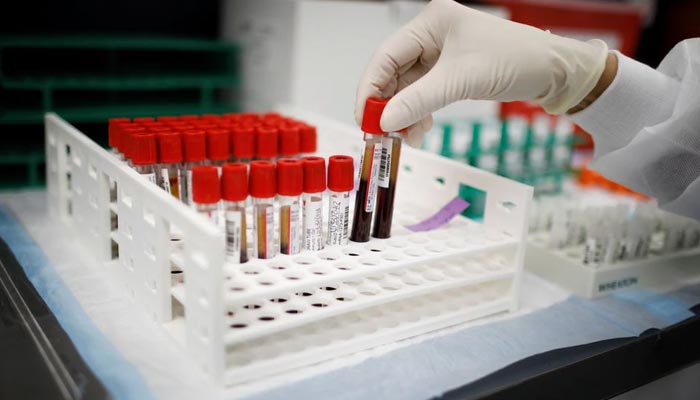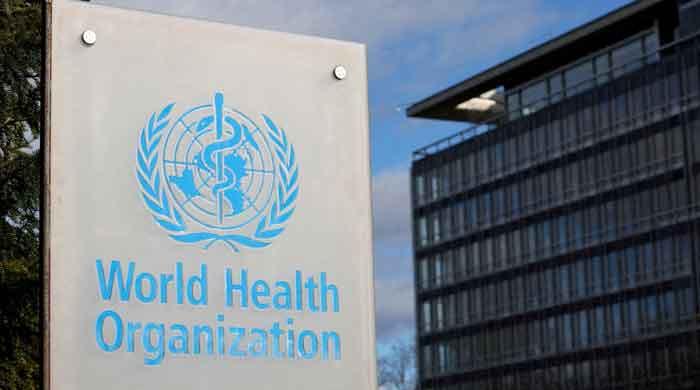Scientists discover cancer biomarkers in breast milk
Proteins may allow breast cancer screening through a blood test
July 25, 2022

A blood test facility for women with breast cancer could soon be available after scientists discovered protein biomarkers in breast milk.
The identified biomarkers are for invasive ductal carcinoma (IDC), one of the most common types of breast cancer. However, the researchers say that the test could be used to identify biomarkers for other breast cancers as well.
“If our future studies are successful, it could change how women are monitored for breast cancer and aid in earlier diagnosis,” said lead author Danielle Whitham, a doctoral candidate at Clarkson University, in a statement. “This could even lead to a higher survival rate in women.”
To conduct the study, scientists analysed breast milk samples from three women diagnosed with breast cancer and three women without cancer.
The researchers compared levels of certain proteins between the two to identify differences in women with cancer. Their analysis revealed 23 proteins that were dysregulated. All the proteins with differences were found linked to cancer or tumour development.
Whitham says that the next step is to confirm their findings in a large-scale study with women. If confirmed, they will then test their protein biomarkers' applicability in blood serum.
“If those tests are successful, a blood test could be developed to be used on women of any age to monitor protein changes for detection of breast cancer,” Whitham said.
Whitham will share her research at the American Society for Biochemistry and Molecular Biology annual meeting in Philadelphia in 2022.











